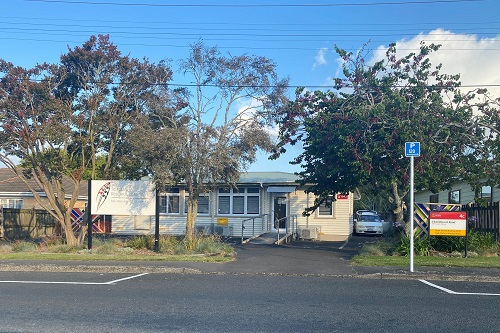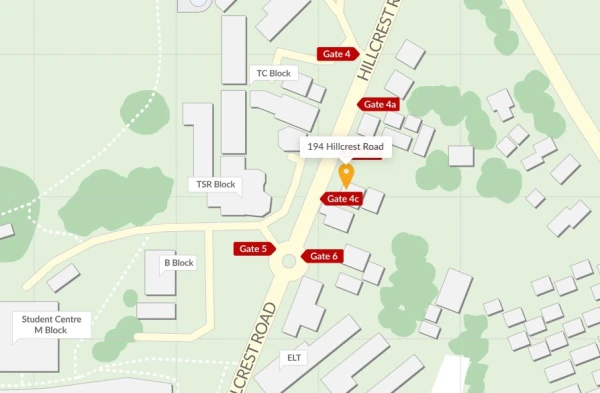Whakapā mai | Contact us
Te Kotahi Research Institute
The University of Waikato, Gate 4C, 194H Hillcrest Road, Hamilton
Postal Address: Private Bag 3105 Hamilton 3240




You’re currently viewing the website as a domestic student, you might want to change to international.
You're a domestic student if you are:
You're an International student if you are: